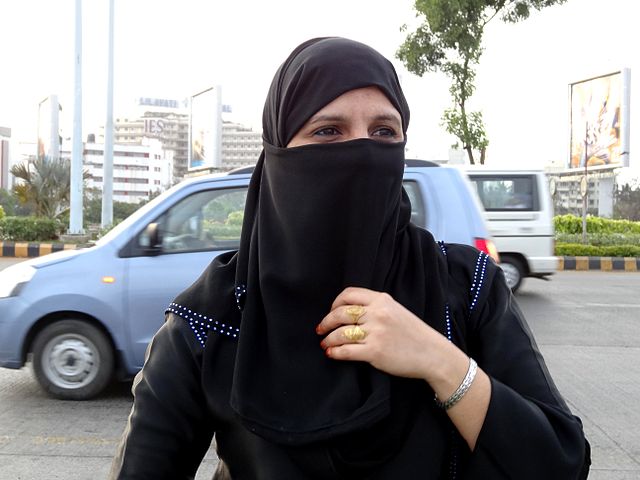
India produces bill that jails Muslim men for instant divorce
- By Derek Welch --
- 30 Dec 2017 --

Triple Taraq Practice Has Caused Controversy For Women’s Rights Groups
India’s lower house of parliament recently passed a bill that will prosecute Muslim men who divorce their wives using the instant “Triple Talaq” practice of divorce. The bill has been moved to the upper house of parliament where it has a high likelihood of being approved.
India produces bill that jails Muslim men for instant divorce[/tweetthis]
The “Triple Talaq” is an Islamic practice that allows a Muslim man to divorce his wife by simply uttering the word “Talaq” thrice. The word means divorce in Arabic. This proclamation can be verbal or written, and recently even electronically through SMS, email, and even social media. Muslim women made petitions in court, disputing that the instant divorce violated the fundamental rights of women and left many of them destitute.
In August, the Supreme Court ruled the “Triple Talaq” law as unconstitutional, naming it a criminal offense. It also proposed a three-year jail term sentence for any Muslim man who used the method to divorce his wife. The law would apply only to the “Triple Talaq” divorce which is irrevocable, but not to other forms of divorce such as “Talaq-e-Sunnat” which is revocable. Law Minister Ravi Shankar Prasad said that only a law could explicitly ban the practice, and legal procedures would need to be taken to provide allowances and protect child custody.
Zakia Soman, a women’s rights activist, and founder of women’s group, The Bharatiya Muslim Mahila Andola, said that the law is much needed by women in the Muslim community who had long suffered legal discrimination.
India is one of the few countries that have left the Muslim laws intact despite the people’s plea to adjust them. Some of those who believe that the triple Talaq law should not be changed are members of the All India Muslim Personal Law Board. They say that it is a direct interference with Muslim personal law.


















